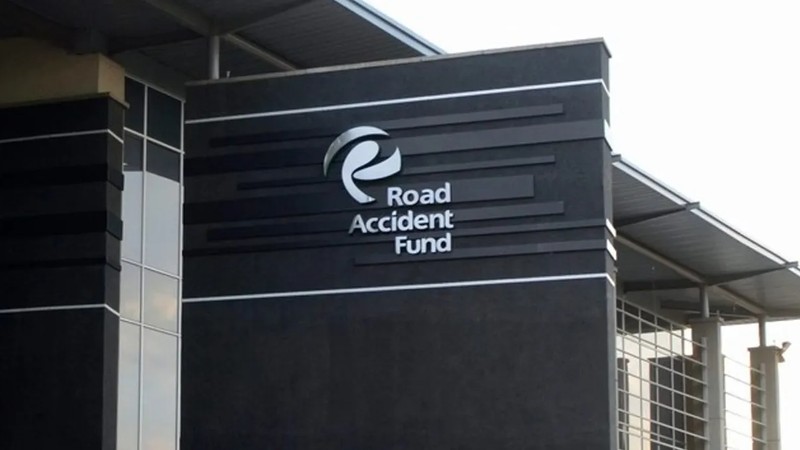The Standing Committee on Public Accounts (Scopa) heard on Friday that the Road Accident Fund (RAF) had not accepted a recommendation from a chartered accounting firm not to change its accounting policy about four years ago.
Morar Incorporated was appointed in 2021 to provide technical advice on whether RAF should change its accounting policy from insurance contracts to social benefits when accounting for claims relating to RAF.
After rejecting Morar’s technical opinion, RAF changed its accounting policy in accordance with International Public Sector Accounting Standards (IPSAS) 42 social benefits.
This differed from Generally Recognised Accounting Practice (GRAP) for general purpose financial reporting, resulting in understating of liabilities and claims expenditure.
This led to RAF obtaining a disclaimer audit opinion and subsequently a protracted court case with the Office of Auditor-General.
Scopa is currently conducting an inquiry into maladministration, financial impropriety, and misuse of public funds at the RAF.
Testifying at the Scopa inquiry into the Road Accident Fund, Morar Incorporated Director Anesh Bikram said there was uncertainty in the recognition of social benefits in South Africa.
He also said they had advised RAF to seek further legal opinion to distinguish between insurance and social benefits.
According to Bikram, the Accounting Standards Board (ASB) was at the time in the process of developing an appropriate standard for accounting for social benefits, which was projected to be finalised in 2023.
RAF had adopted the IFRS 4 insurance contracts as their accounting policy since 2014/15 and no major issues were identified by auditors.
“We recommended that RAF continues to apply IFRS 4 until the ASB has finalised the standards for social benefits,” he said.
Bikram told Scopa that after they furnished their technical advice, they were asked to withdraw the opinion.
“The response was simply that the management has the right to solely select their accounting policy. It was deemed the technical opinion was not of the high level review,” he said.
Bikram confirmed that RAF had not complained about the quality of the work they had provided.
“I did not get a complaint about the work we conducted,” he said, adding that they were asked not to bill for their work.
“Because it was outside the scope of work, we were not required to bill for the work we did. That is the basis we withdrew it,” Bikram said.
Meanwhile, PriceWaterhouseCoopers (PWC) briefed Scopa about the R8.3 million contract they were awarded in 2020 to conduct organisational structure review and skills assessment based on outlined challenges.
PWC’s Dayalan Govender said they were appointed to streamline RAF’s operations to identify inefficiencies.
“The scope only included design and developing a transition plan, not implementation,” Govender said.
He also said the design of the organisational structure was developed in line with the RAF 2020-2030 strategic plan.
However, the scope did not include liaison with unions and verification of employees’ qualifications, among other things.
Responding to questions, Govender said the discontinuation of direct claims was not part of their brief.
“No suggestions that they should not be processing claims,” he said.
The inquiry heard earlier this week that RAF abruptly stopped accepting direct claims from victims of motor vehicle accidents and terminated a panel of lawyers.
Govender said the claims origination department formed part of an important value chain within RAF.
“We were not told it was not required or won’t be required,” he said.
Govender told Scopa that some of the inefficiencies they identified included backlog in processing of claims and unequal volume of claims against the number of officials in some offices, amongst others.
He confirmed that RAF had identified the need for a chief investment officer as part of its executive team.
However, Govender said the organogram did not provide for fully fledged investment office as RAF’s mandate was to disburse money.
He said there was a thinking with RAF that they had money and besides disbursing it, some had to be invested.
When asked about increased inefficiencies at RAF, Govender told the inquiry that they had no control over the implementation of their recommendations.
“I am not sure how it was implemented as I said I was not part of the implementation,” he said.
